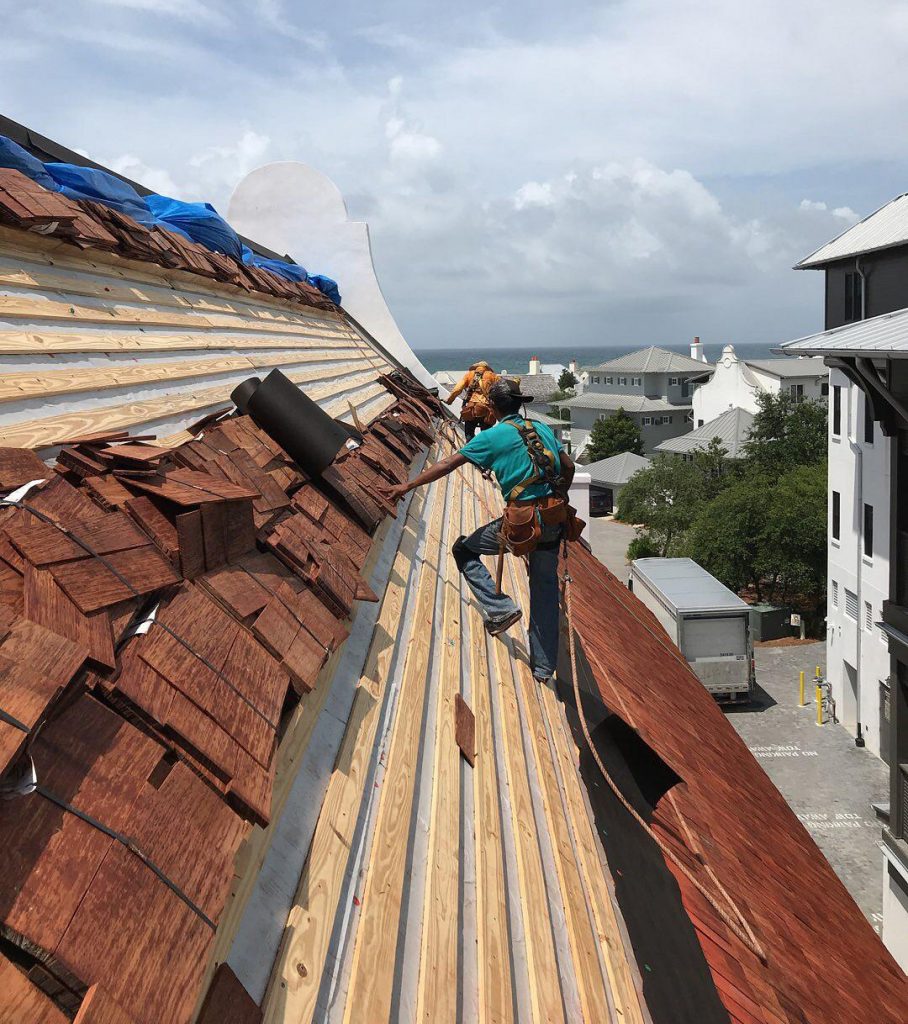
Roofing Materials In Certain Climates
Introduction
As a homeowner, choosing the right roofing material for your home is a crucial decision. The climate you live in plays a vital role in determining the type of roofing material you should choose. The roofing material you select should be able to withstand the weather conditions of your area, be it heat, rain, snow, or wind. In this article, we’ll discuss how climate affects the roofing materials you should use.
- Hot Climate
If you live in a hot climate, you need a roofing material that can reflect heat and UV rays. This helps keep your home cool and reduces your energy bills. A popular roofing material for hot climates is metal roofing. Metal roofs are known for their durability and energy efficiency. They can reflect sunlight and reduce heat absorption. Another option is a clay or concrete tile roof. These roofs are known for their ability to withstand high temperatures and their durability.
- Cold Climate
In colder climates, you need a roofing material that can withstand heavy snow loads and harsh winter weather conditions. Asphalt shingles are a popular roofing material in colder climates because they are cost-effective, durable, and can withstand harsh winter weather conditions. Metal roofing is another option for colder climates because it sheds snow easily, preventing damage from snow accumulation.
- Humid Climate
In a humid climate, you need a roofing material that can resist moisture and prevent mold and algae growth. Tile roofing is a popular choice in humid climates because it is resistant to mold and algae growth. Metal roofing is also a good option because it can withstand high humidity levels and resist rust and corrosion.
- Windy Climate
In a windy climate, you need a roofing material that can withstand high winds and prevent wind uplift. Metal roofing is an excellent choice for windy climates because it is durable and can withstand high winds. Asphalt shingles can also be used in windy climates, but they need to be properly installed to prevent wind uplift.
- Coastal Climate
In a coastal climate, you need a roofing material that can withstand saltwater corrosion and high winds. Metal roofing is an excellent choice for coastal climates because it can resist saltwater corrosion and withstand high winds. Tile roofing is also a good option because it can withstand saltwater corrosion and is resistant to mold and algae growth.
Conclusion
Choosing the right roofing material for your home is essential, and the climate you live in plays a crucial role in that decision. You need a roofing material that can withstand the weather conditions of your area and protect your home from damage. Consider the factors discussed in this article when choosing the roofing material for your home. It is always advisable to consult a professional roofing contractor to help you choose the right roofing material for your home.

0 comments